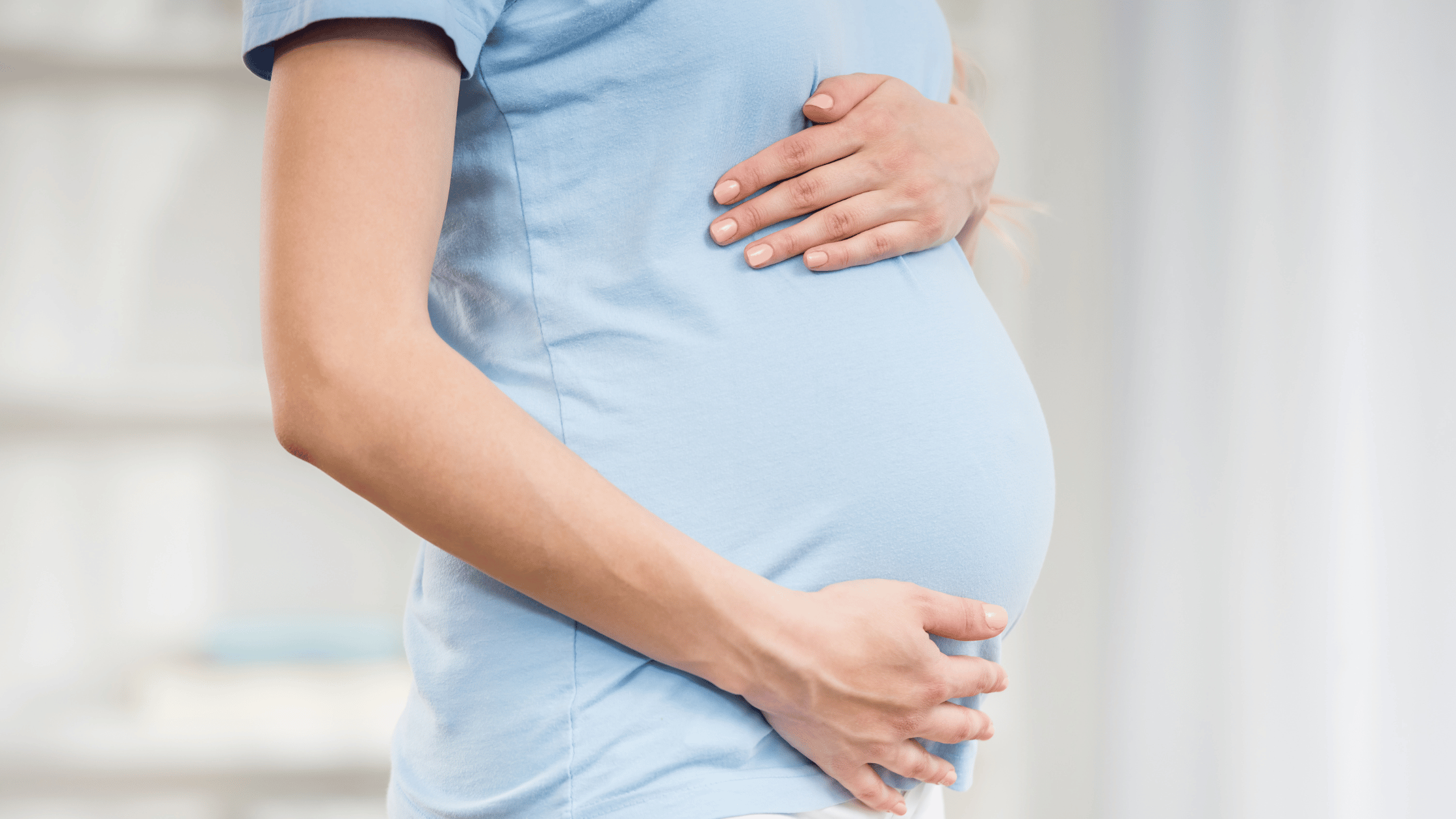Few things are as life-changing as childbirth. The physical and emotional tolls of the act itself multiplied by the social isolation experienced by a new mother make this event one of the major stressors for a woman. As a result, it’s relatively normal for a new mom to experience mood swings and some mild depression in the first two weeks called baby blues but it’s important to be aware of the more serious manifestations of postpartum motherhood.
Postpartum psychosis, the most severe of postpartum illness, is a rare but serious mental health emergency that requires immediate medical attention. It affects between 1 and 2 women in 1,000 and onset begins most often in the first few weeks after delivery, but can occur any time within the first year after giving birth.
Characterized by a sudden and severe change in mood and behavior, including delusions, hallucinations, and mania, postpartum psychosis can be a life-threatening condition. Knowing the symptoms can ensure swift and proper treatment if you or someone you know is experiencing symptoms.
Symptoms of Postpartum Psychosis
Symptoms can vary from person to person but these are most commonly experienced. extreme confusion, loss of touch with reality, paranoia, delusions, disorganized thought process, and hallucinations.
Hallucinations or seeing/hearing things that aren’t there
Delusions - false or strange beliefs
Mania - feelings of excitement, increased energy
Paranoia- suspiciousness
Severe Depression - extreme feelings of sadness, hopelessness, flat affect
Rapid mood swings
Agitation - feeling very irritated, feeling restless or unable to be still
Sleep Changes- decrease in need for sleep or unable to sleep
Struggle to communicate at times
If you are pregnant or have recently had a baby and are concerned about postpartum psychosis, it is important to talk to your doctor. There are steps a new mother can take to potentially prevent an onset of symptoms such as:
Receiving appropriate prenatal and postnatal care
Alerting your doctor to personal and family mental health history
Developing a strong social support network
Properly caring for yourself during and after pregnancy
Causes and Risk Factors for Postpartum Psychosis
As with many other forms of mental illness, the exact cause of postpartum psychosis is unknown. Several factors contribute to changes in a mother’s mood and behavior postpartum. New mothers face hormonal fluctuations, changes to their physical body, lack of sleep and outright exhaustion, along with the identity stress of starting a new role as a mother. The changing relationships a new mom has with her partner, friends, family, and former self add to overall stress. Yet there are some specific factors that put a woman at an increased risk of developing postpartum psychosis.
History of mental illness specifically bipolar disorder or schizophrenia
Family history of mental illness
Challenges during pregnancy or delivery
Certain medications, such as antidepressants
Lack of social support
Life stressors not directly related to the new baby
Treatment and Recovery for Postpartum Psychosis
When you realize you or your loved one is exhibiting the symptoms of postpartum psychosis, prompt diagnosis and treatment are crucial. The standard treatment is a two-part approach including medication and therapy. Depending on the presentation of symptoms, prescribed medications might include one or more antipsychotics, antidepressants, or mood stabilizers.
The second part of treatment includes psychotherapy to help the new mother cope with stress and identify strategies to manage symptoms. This therapy can be provided in-patient or out-patient and women might also choose to work with an online therapist in the comfort of their own home. Therapy can also provide the tools necessary for a mom to cope during future pregnancies and likely avoid another onset of postpartum psychosis.
While we often only hear about the most serious outcomes of a mother experiencing postpartum psychosis, please remember that it is almost always a temporary situation and is treatable with prompt diagnosis and support. Most women make a complete recovery and are able to return to normal and healthy lives.
As women and new moms, we often struggle to ask for help.
Whether due to the stigma surrounding mental illness or the pressure we put on ourselves to be the best mom ever, remember that there is no shame in getting the help you need to be your healthiest self. If you or someone you know is struggling with symptoms of postpartum psychosis, remember you are not at fault. The factors that often trigger onset are out of your control and you are not to blame. Speak with your family, call your doctor, visit your local emergency department, or contact a crisis hotline so you can get the help you need right away.
Receive Online Postpartum Support in Louisiana, Florida, and Colorado
Postpartum psychosis can sound scary, but you are not in this alone. As an online therapist, I would be happy to offer support in addressing postpartum symptoms with in-person and online support across the states of Colorado, Hawaii, Louisiana, and Florida. You can start your therapy journey by following these simple steps:
Schedule a free 15-minute consultation via phone or video
Start receiving the help you deserve.
Other Services Offered With Ashley Clark Comegys
Postpartum support is not the only service I provide. I’m happy to offer a number of online therapy services across Louisiana, Florida, Hawaii, and Colorado because I know that you may experience more than one mental health concern. This is why I’m happy to also offer online postpartum depression treatment and online depression treatment. I’m also happy to offer online grief counseling for women, anxiety treatment, and online trauma treatment for women. Visit my blog or about page to learn more today!




